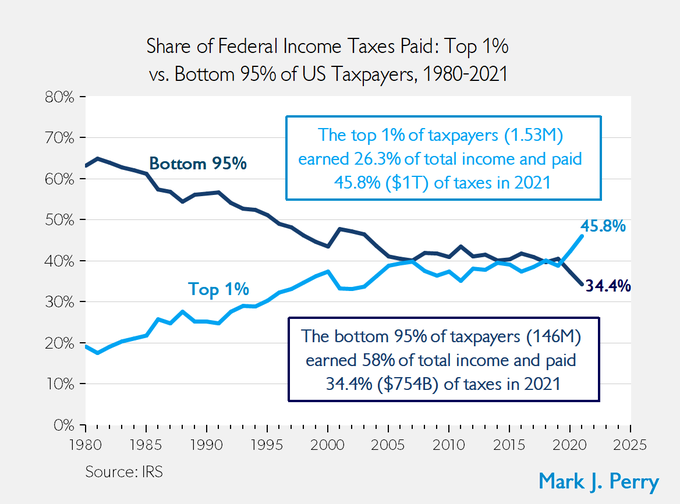Spending does need to stop, or at least slow way the fuck down. We're never going to spend ourselves into a better economy.
We just need to figure out how to get this ship turned around before it's too late without a bunch of knee-jerk reactions.
What programs would be first changed in your opinions?
Originally Posted by eyecu2
I agree 100% Eyecu2. This is the biggest problem facing America.
Transitioning from social security/Medicare/Medicaid/Obamacare to something like Singapore's Central Provident Fund may go against my Libertarian instincts, but it would help solve the looming debt crisis, increase retirement income, increase the level of competition and thus lower prices for medical care, stop the vicious circle of higher student loans and higher tuition prices, and increase the savings rate. In Singapore, employer contributions to individuals' CPF accounts are funded by 20% payroll contributions from the employer and 17% from employees. So you might have to transition over a number of years to keep from throwing the country into a big recession. And you'd probably want to leave older Americans in the existing system.
Moving more expenditures and taxing from the federal government to local and state governments would be another great step. When the power of the purse is closest to the people, government is more efficient. Infrastructure is a good example. Much of it costs multiples more in the USA than Europe, and I can't help but think part of that is the way our federal government throws around the pork.
Cutting defense expenditures and spending money on defense more efficiently would make a lot of sense IMHO. We spend more on defense that the next 10 countries combined. And #10 is Ukraine, which is receiving a lot of defense funding from us.
https://www.pgpf.org/chart-archive/0...nse-comparison
Cutting down on corporate pork is a good idea. Biden's infrastructure, CHIPS and Inflation Reduction Act spending were overdone. I bet the multiplier for programs like the preceding is less than 1, meaning you hand out $1.00 of government money for, say, renewable energy projects and you get back less than $1.00 in increased GDP. Actually the corporate income tax reduction probably did a lot more to increase jobs and improve the competitivity of American business than all those Acts combined. Along the same lines, we're too generous with the farm subsidies.
We could probably do with some welfare reform. I think greatly alleviating childhood poverty should be one of our goals. Our politicians have made a lot of headway in this. But from what I understand the way the system works it's encouraging some people not to work. Some people can stay at home and, after taxes and handouts, make as much as they can by working. I don't begrudge doing that though for, say, a single Mom with 4 young kids.
Looking at the longer term, improvements in education would help increase GDP and thus lower the debt/GDP ratio. I don't know how much the federal government can do, as it's more a local and state matter. But if kids were getting good educations in fields like accounting, engineering, the sciences, plumbing, auto mechanics, etc., it would help. More parent involvement in education, charter schools, vouchers, less power in the hands of the teachers' unions, and channeling kids towards fields where they can make a living instead of liberal arts degrees would help.
 ..you do not see the parallel between Biden and Reagan's inflation numbers and the huge budget deficits? I'm pointing out to all the Chicken Littles that seem to think the end of the world is upon us
..you do not see the parallel between Biden and Reagan's inflation numbers and the huge budget deficits? I'm pointing out to all the Chicken Littles that seem to think the end of the world is upon us that everything is gonna be alright.
that everything is gonna be alright. 



